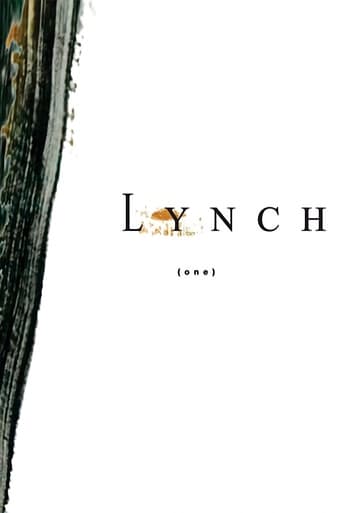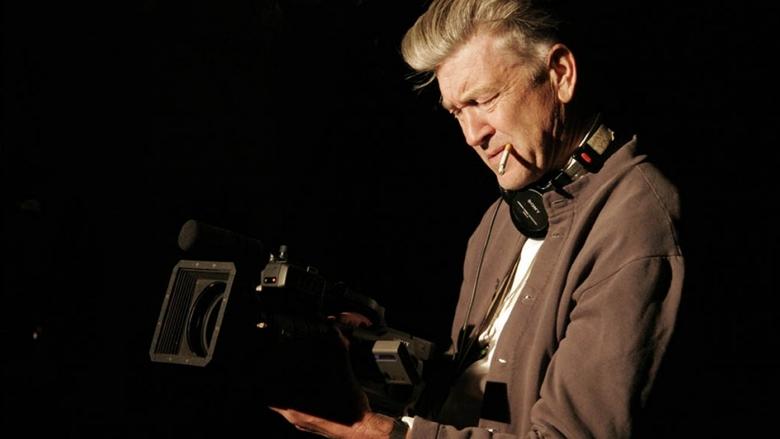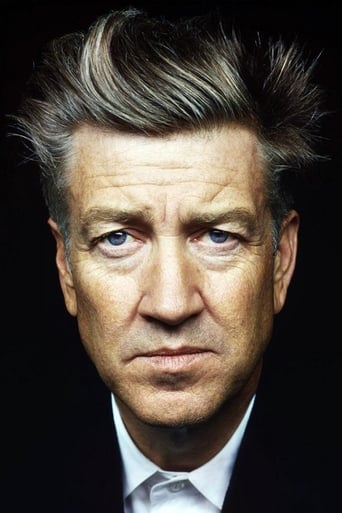Rare glimpse into the fascinating mind of one of cinema's greatest directors. Footage was gathered over a two year period and documents David Lynch's many creative interests as well as his passion for filmmaking. It’s “abstract trip” which reveals new aspects of the personality and the cinematographic vision of one of the exceptional authors of contemporary cinema. Personal portrait of David Lynch and his creative universe.


Similar titles
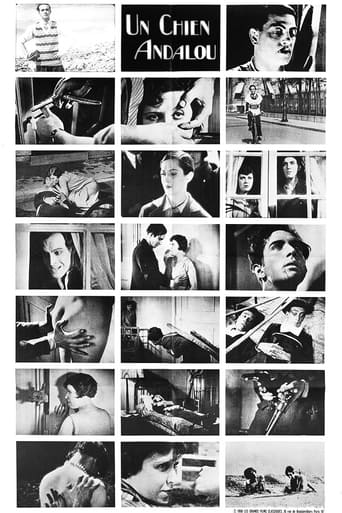
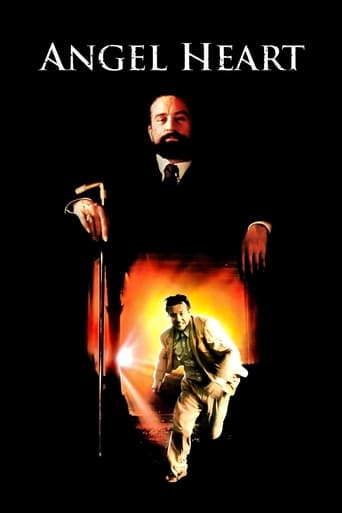
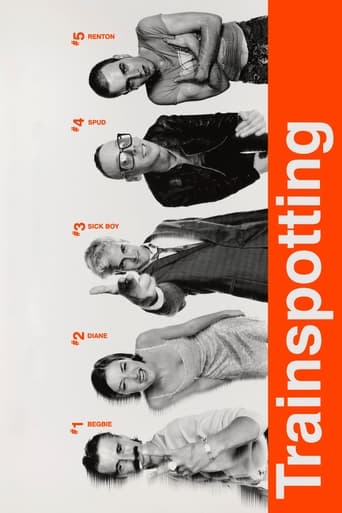
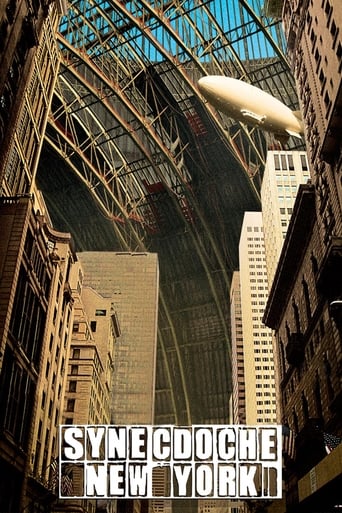
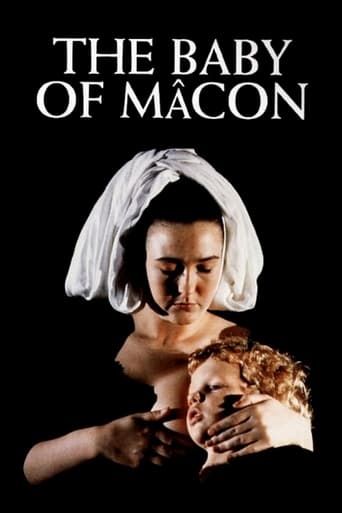
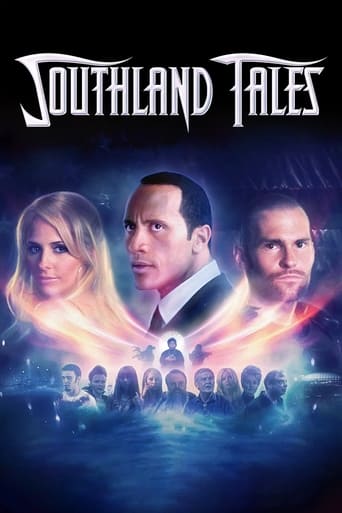


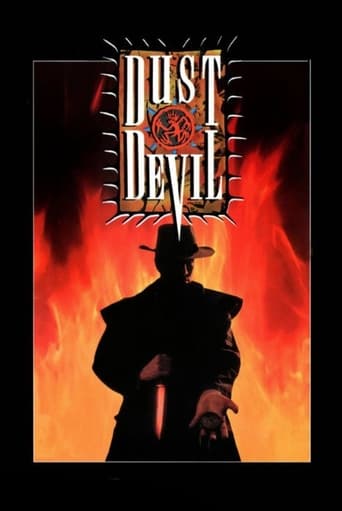
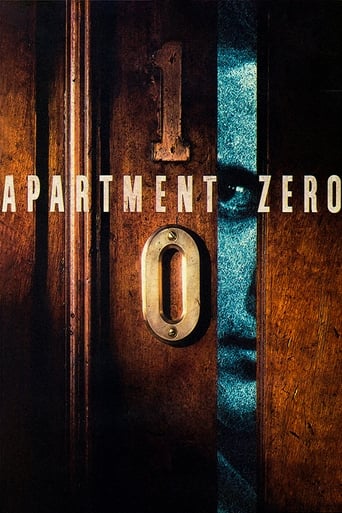
Reviews
(mild spoilers) This is unquestionably one of the worst documentaries I've ever seen. It's not even the horrible camera work and pretentious editing, it's how the film portrays Lynch. We're told he's a filmmaker, but we're never shown any excerpts from his films, not even stills. We're told he's a photographer, but only one photograph is shown, on a tiny computer screen, blurry. We're told he's a musician, but we learn nothing about his music. We can see he's a painter, but only one painting is shown in its entirety, for a brief moment, at the very end of the movie, a smallish image in the center of the screen.And what *does* the film show? Well, it shows Lynch talking about popping dead cows, showing his teeth to the camera, shouting the same words over and over again for no apparent reason, congratulating the President of France, swearing, and, finally, admitting, in the midst of making a film, that he doesn't know what he's doing. In other words, the film paints Lynch as a loony. Sure, there's an eccentric side to the man, but there are many other aspects of his personality as well, and none are shown here. Since no work is shown, either, all that remains is eccentricity, shot from awkward camera angles, sometimes blurry, frequently in tiny images in the center of the screen, disjointed, etc. Content is sacrificed to form almost all the time (e.g. when Lynch is talking about a beautiful scene he witnessed and photographed, don't expect the (equally beautiful) photographs to be shown).If you want a good documentary on Lynch, try to find "Pretty as a Picture: The Art of David Lynch." It was made in 1997 as a promotional piece for "Lost Highway", but has plenty of Lynch's paintings with good close-ups, Badalamenti and Lynch working on a song together, etc. I recommend only watching "Lynch (One)" if you've already seen "Pretty as a Picture", and if you're very, very, very interested in Lynch. Only giving it a 3 out of 10 because it has maybe 3-4 minutes of interesting footage.
The subject of this documentary is David Lynch's creation of Inland Empire, one of his more challenging and powerful films. The documentary is as incoherent as the film itself if you are not someone who inherently understands Lynch. Do not look to this film for explanations or insight of the man himself. Instead, look to it as an example of how the genius makes his art.Lynch speaks almost constantly throughout the documentary. His speech is an endless flood of description, direction, and command. It should be no surprise to those who 'get him' that every second of film he uses is meticulously designed, imagined, visualized, created and very inspired.Lynch/Lynch 2 is a perfect companion to a complex and intense experimental film. While its plot is much more linear than that of the feature, it offers a rare example of true genius at work.
It's Lonely Being Lynch.The new documentary "Lynch" reveals so much about the man and his methods without pretending to understand him. I have been very disappointed by many of the reviews of this film it seems the reviewers were expecting a different movie and were frustrated they were not seeing the film they imagined or hoped to see. V.A. Musetto writes, "Provides little new insight into Inland Empire". Was it supposed to? Variety complained, "like the feature it loosely chronicles, has no immediately discernible through line and a wide variety of video-image densities". Again, this sounds less like criticism and more like complaining. The Village Voice, "Much of this is tedious -- no more or less exciting than surveillance-cam footage of a regional sales manager." Expecting excitement seems to be the failure here. And most obtuse of all is Ken Fox's review, "anyone looking for a general overview of the director will do better looking elsewhere." Again this presumes that "Lynch" should have been a general overview, when it wasn't meant to be. All of these criticisms sound like blaming an elephant for not being a Zebra.The documentary does assume the audience is already familiar with Lynch, his work and specifically, Inland Empire. I think it would be a fantastic companion piece for the DVD release of Inland Empire.I found the film incredibly illuminating and I have been an avid fan of Lynch's for the past 20 years. I have always respected his refusal to explain things and resistance to simple symbolism. So I didn't expect the film to offer any insight into a man who is so famously inscrutable. But the filmmakers did it right they simply present the viewers with various vignettes of the man at work and in various moods: joyous, contemplative, angry, frustrated, depressed and inspired. But throughout the work something else emerged about the man: It's Lonely Being Lynch. The man is a slave to his creative urges and it makes little room for close personal relationships. The frustration this causes is palpable and it suddenly hit me that THIS is the source of that peculiar haunted anxiety that typifies what we all now call "Lynchian". There is a scene in "Lynch" where he stands in an abandoned factory and yells into the cold cavernous space, "Sally! Do you remember me?" over and over. It's funny at first but the more he yells the more desperate it sounds and finally haunting, "Lynchian". He can fill even a candid moment such as a sound check with so many layers of meaning and emotion he seems more like a conjurer. The filmmakers knew to let the moment go for a long time to let the ghosts emerge. I knew then and there this filmmaker really knew this was the only way to make a portrait of the man.Some people have complained that the film is not chronological enough. It is critical that it isn't. To arrange these vignettes into chronological order would create a sense of narrative and causation This doc must avoid this kind of editing. To make obvious spatial or causal relations between the vignettes would presume to know more about Lynch than even Lynch seems to know about himself. It's the only kind of approach that could ever work to describe such an inscrutable character.I have studied Lynch for decades and read everything on him I can find. I didn't expect to learn anything from this doc but I did. There are moments of watching him work where his focus is so palpable, his need so urgent that suddenly I had new insights into his work. The insight comes from seeing what gets him excited and getting clues to his motivation. I could even sense my opinions on his films reordering retroactively as I watched this documentary.If you are a fan, do not hesitate to see "Lynch". If you are looking for an "unpacking" of his motives then you are probably not the kind of person who likes him or his films anyway.
In the book 'Lynch on Lynch', director David Lynch explains: "Your mind focuses on a certain thing and it pulls in ideas that will marry to that thing." The results, as we see from Lynch's films, can be surreal. It links in to his use of Transcendental Meditation (TM) - a form of concentration developed by repetition of a mantra and used by the Maharishi Mahesh Yogi (to pull in vast amounts of money, among other things).Lynch has used the technique for 32 years, as he explains in this offbeat documentary. We see the camera turned on the director at work - and in moments where he waxes philosophical. He uses TM, "to dive into pure creativity." There have been many critical reports of the Maharishi's methods. Ex- TM teacher, Joseph Kellet says, "As a teacher I frequently lied to people 'for their own good' because 'they weren't ready yet' to receive the full truth. But the misuse of a technique for financial gain or fame does not, in itself, negate the value of it. Our documentary provides a fascinating insight into the creative processes of someone who is one of the most enigmatic of contemporary experimental directors. His use of TM - as a creative tool - is more accessible than some of the more extravagant claims commonly made for it (by others or by Lynch himself)."Curiouser and curiouser!" were the famous words of Alice as she delved deeper down the Rabbit Hole into Wonderland. Investigating anything to do with David Lynch tends to produce a similar sensation. Instead of questions being answered, fascinating new questions are posited. Occasionally, an underlying 'truth' will appear to convey some sort of narrative sense. It's what Lynch has called the 'Surrealist's Trick'. You have a bunch of interesting, open-ended fragments that pull in other fragments, but you need a certain type of idea to come in and tie them all together. Reality becomes the excuse for dreams. But how does the artist dream? We watch Lynch in his musings. He comes out with a story about popping a dead cow. A rabbit disappearing out of the brush. Or someone he knows getting his head bashed by police. He is fascinated by what crawls just beneath the surface of beauty. We wait (as he does) while other 'fragments' are drawn in. He is fascinated with taking still photographs of factory interiors. No agenda - just enjoying them for their own sake. It's a bit like lateral thinking - take some unconnected ideas and find a new connection.Just as ideas are pulled in, just as Lynch's feature films intrigue and pull us in, so does this film use cinematic story-telling techniques to inveigle the viewer. We watch a close up: his hand turns a handle. Emphatic directions to the crew bring an intensity of concentration to bear. There is a strange repetitive noise, a ghostly sound, we cannot identify. Only after the viewer has been entranced does the camera pan back to reveal an old-fashioned gramophone. Lynch is winding the handle that powers the turntable. The stylus is on the endless repeat of the last groove. Sound crew record the noise amplified by the acoustic speaker.As the film gets on to the early stages of filming Inland Empire, he talks about a new technique - about being 'excited' but 'tormented' by 'not knowing'. Usually, by the time cameras are rolling, the ideas have come together and the director knows exactly what is going to happen. But we are given to understand that Inland Empire was deliberately made as a 'work in progress.' This is, in a way, to replicate the situation that happened accidentally with Mulholland Drive. With the earlier picture, existing footage from a scrapped TV pilot was pulled together into a coherent film (admittedly you have to work at it, but a meaningful storyline and/or overall unity is now generally accepted by most serious viewers). In faithfulness to his own surrealist dictum, Lynch is making the 'fragments' before he has found the 'solution'.The photography in the documentary is - appropriately - as whacky as any Lynch film. Multiple screens, masking, slow wipes, different formats. Locked-down shots contrast with relaxed, hand-held filming. An unconnected shot of Lynch (apparently) at his desk in a bunny-rabbit suit. The inventiveness makes us feel like explorers, rather than passive recipients of a dry documentary."Lynch" is a fascinating portrait of an intelligent, celebrated and charismatic director. No doubt it will eventually find its way into the 'extras' of a DVD boxed set. The heavy-handed references to Transcendental Meditation may annoy some viewers - when he gets on to his 'David Lynch Foundation for Consciousness Based Education and World Peace' it easy to sense excess fragments of hippy beads, flowing robes and happy-mantra vibes. But the personal relevance of TM to his own creative work is more believable."Lynch" is a must for all fans of his work and a great add-on to his movie, Inland Empire. However crazy he might be, it's 'creative crazy' rather than 'penniless and certifiable crazy.' As a self-confessed fan of his movies, I hope he goes on making great ones and doesn't fall permanently down any bunny-hole.
